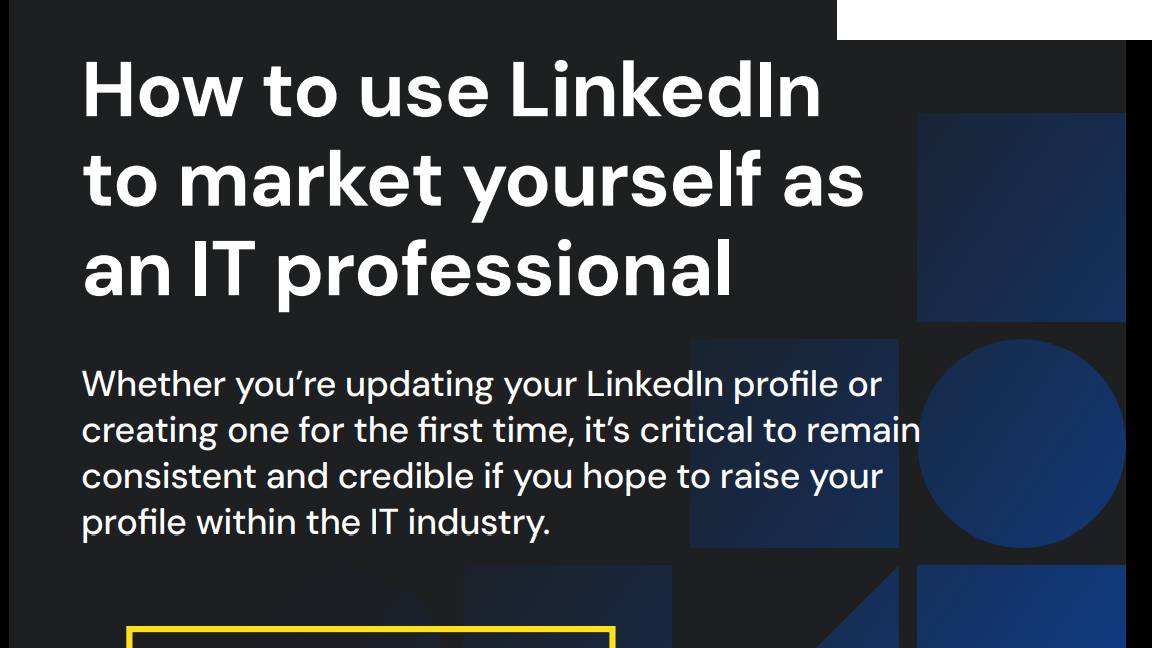Happy 5th birthday Facebook
It may come as a surprise to find that Facebook has been around for five years. We count down a few more things you may not have known about the popular social networking site.


Today marks the fifth anniversary of Facebook that popular time-waster that so many love to hate and hate to love.
While the social networking site was launched by the now-very-rich Mark Zuckerberg and his four co-founders who no-one ever hears about on 4 February 2004, it was originally limited to Harvard University users and only made available to the rest of us in September 2006. That was a rather clever move, as just a year later the number of users had ballooned to 50 million and is now near 150 million.
Didn't know that? You might use the site everyday come on, you know you do but there's probably a lot you don't know about Facebook. Here's our top five Facebook secrets.
Facebook has a lot of older women using it.
Women over 55 are the fastest growing demographic group on the site, growing at a rate of 175.3 per cent since late September, according to InsideFacebook. In other words, your mum might be about to poke' you.
But Facebook was never designed for kids. It was originally created for university students all those years ago, so it should come as no surprise that 45 per cent of its US audience is over 26 years of age.
Facebook likes Open Source.
Sign up today and you will receive a free copy of our Future Focus 2025 report - the leading guidance on AI, cybersecurity and other IT challenges as per 700+ senior executives
Facebook's relationship with open source could be described as just friends' or it's complicated,' but the social networking site has a few projects on the go and uses open source style systems to run much of the site. According to Facebook, it is the second largest PHP site by web traffic which isn't so much open source but free software, but it's something.
It also runs a massive installation of the open source database system, and is the largest user of memcached, an open source caching system originally developed to speed up LiveJournal.
Aside from day-to-day operations, Facebook is also running a few open source projects and has licenced its developer system, Facebook Open Platform, not under the GPL but a similar system called Common Public Attribution Licence last year.
Facebook is not the first Facebook.
Zuckerberg originally called the site thefacebook.com, but after deciding to take it to the web he bought the domain www.facebook.com from a software firm called AboutFace Corporation.
That firm had been using the domain to offer its own social networking software from as early as 1994. As part of its intranet product AboutFace offered and still does a system that it claims to "foster community within your organisation with an online facebook."
It is actually called "Employee Facebook." Perhaps surprisingly, this hasn't led to a lawsuit by either party.
Microsoft really likes Zuckerberg's work.
As a younger man, Zuckerberg created a music player called Synapse, which could learn listening preferences. Microsoft tried to buy it up and hire Zuckerberg but he opted to carry on with his education instead.
So the 2007 rumours that Microsoft was looking to buy the site for $6 billion weren't the first time Zuckerberg had rubbed shoulders with the software giant. He eventually sold a 1.6 per cent stake in Facebook to his suitor for $240 million.
Facebook... doesn't make that much money off of you.
It's a good thing Facebook has so many users.
According to a recent report by Deloitte sites such as Facebook just don't make that much money per user. "The book value of some social networks may be written down and some companies may fail altogether if funding dries up," said Deloitte researcher Paul Lee, according to the Telegraph.
"Average revenue per user for some of the largest new media sites is measured in just pennies per month, not pounds," he said.
Deloitte said the average revenue for a cable subscriber, newspaper reader or movie-goer is over 10 dollars. And, the analyst firm said, with the recession hitting advertising spending and video content sending storage costs soaring, it's only going to get worse.
This trouble could be why Zuckerberg recently announced plans to sell more targeted polls to corporations
Freelance journalist Nicole Kobie first started writing for ITPro in 2007, with bylines in New Scientist, Wired, PC Pro and many more.
Nicole the author of a book about the history of technology, The Long History of the Future.
-
 How to use LinkedIn to market yourself as an IT professional
How to use LinkedIn to market yourself as an IT professionalwhitepaper Whether you’re updating your LinkedIn profile or creating one for the first time, it’s critical to remain consistent and credible if you hope to raise your profile within the IT industry
-
 Meta to pay $725 million in Cambridge Analytica lawsuit settlement
Meta to pay $725 million in Cambridge Analytica lawsuit settlementNews The settlement closes the long-running lawsuit into how Facebook's owner, Meta, handled the Cambridge Analytica scandal
-
 Businesses to receive unique Twitter verification badge in platform overhaul
Businesses to receive unique Twitter verification badge in platform overhaulNews There will be new verification systems for businesses, governments, and individuals - each receiving differently coloured checkmarks
-
 Twitter could charge $20 a month for 'blue tick' verification, following Musk takeover
Twitter could charge $20 a month for 'blue tick' verification, following Musk takeoverNews Developers have allegedly been given just seven days to implement the changes or face being fired
-
 Meta's earnings are 'cause for concern' and 2023 looks even bleaker
Meta's earnings are 'cause for concern' and 2023 looks even bleakerAnalysis Calls for investor faith in metaverse tech only emphasise the worries that its investment strategy won't pay off
-
 Microsoft and Meta announce integration deal between Teams and Workplace
Microsoft and Meta announce integration deal between Teams and WorkplaceNews Features from both business collaboration platforms will be available to users without having to switch apps
-
 Facebook is shutting down its controversial facial recognition system
Facebook is shutting down its controversial facial recognition systemNews The move will see more than a billion facial templates removed from Facebook's records amid a push for more private applications of the technology
-
 'Changing name to Meat': Industry reacts to Facebook's Meta rebrand
'Changing name to Meat': Industry reacts to Facebook's Meta rebrandNews The rebrand attempts to provide a clearer distinction between Facebook and its umbrella company


